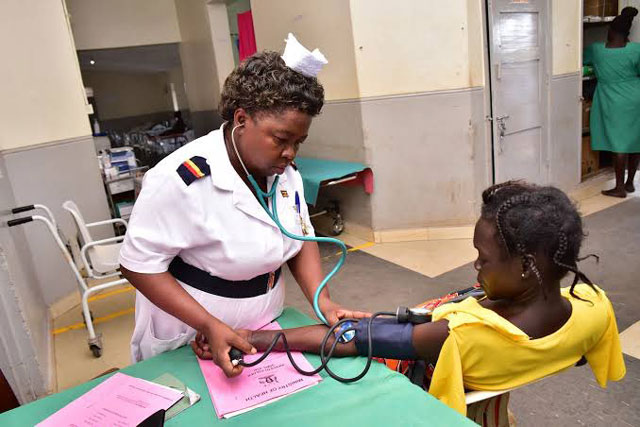
Kampala, Uganda | THE INDEPENDENT | There are calls for increased research into the management of preeclampsia, a condition characterized by high blood pressure which often leads to fatal complications to mothers and babies.
Experts attending a virtual meeting on Friday to discuss the disease and its complications said that while magnesium sulphate remains the most preferred treatment, it’s very painful and its administration by health workers is challenging something that creates a need for alternatives. The meeting was in commemoration of World Preeclampsia Day, marked annually on May 22.
The drug delivered intravenously is administered slowly causing a lot of pain to the receiver. And because it requires a lot of attention to deliver, health workers especially at the grass-root tend to avoid the treatment and choose to refer patients who develop signs relating to the complication to higher facilities. The signs for the condition include swelling of the legs, abrupt weight gain, difficulties in breathing and headache.
Dr Mike Kagawa a lecturer of obstetrics at Makerere University said despite training of health workers upcountry, many have not grasped the techniques of delivering this medicine. “In the beginning, the administration was a preserve of doctors but this restriction has been eased. So all midwives are actually trained to administer magnesium sulphate but the fear still remains. And training is still needed to unlearn this restriction”, he said.
However, as this continues happening, the few hospitals that can handle these patients are suffocating with numbers. In the last five years in Uganda, Prof. Annette Nakimuli who heads the Gynecology Unit of Kawempe National Referral hospital says preeclampsia has overtaken bleeding as the highest cause of maternal mortality.
Currently, Nakumuli says about 550 women succumb to preeclampsia annually.
While it’s responsible for 20 percent of the deaths at Kawempe, Dr Evelyn Nabunya, Executive Director of Mulago Specialised Women’s hospital says the number of women reporting with preeclampsia are on an increase having peaked in November, 2019. At the time 18.8 percent of expectant mothers had the condition.
Fortunately, she notes, the hospital has the capacity to handle the cases which require intensive care services. However, elsewhere in the country, such services are largely unavailable. In some instances, the drugs either expire in the facility for lack of expertise to administer them or they are completely not stocked.
While sharing results of a study on access to medicines for management of preeclampsia, Dennis Kibira the Executive Director of the Civil Society Organisation Coalition for Health Promotion and Social Development (HEPS) Uganda said while they found magnesium sulphate availability in health facilities across the country to be at 69 percent while calcium gluconate which is used as an alternative when there’s toxicity was not available in many facilities.
Kibira notes that when women can’t find these drugs in government facilities, they go to private facilities where treatment is unaffordable with costs going to the highs of 100,000 Shillings per dose.
******
URN
 The Independent Uganda: You get the Truth we Pay the Price
The Independent Uganda: You get the Truth we Pay the Price





